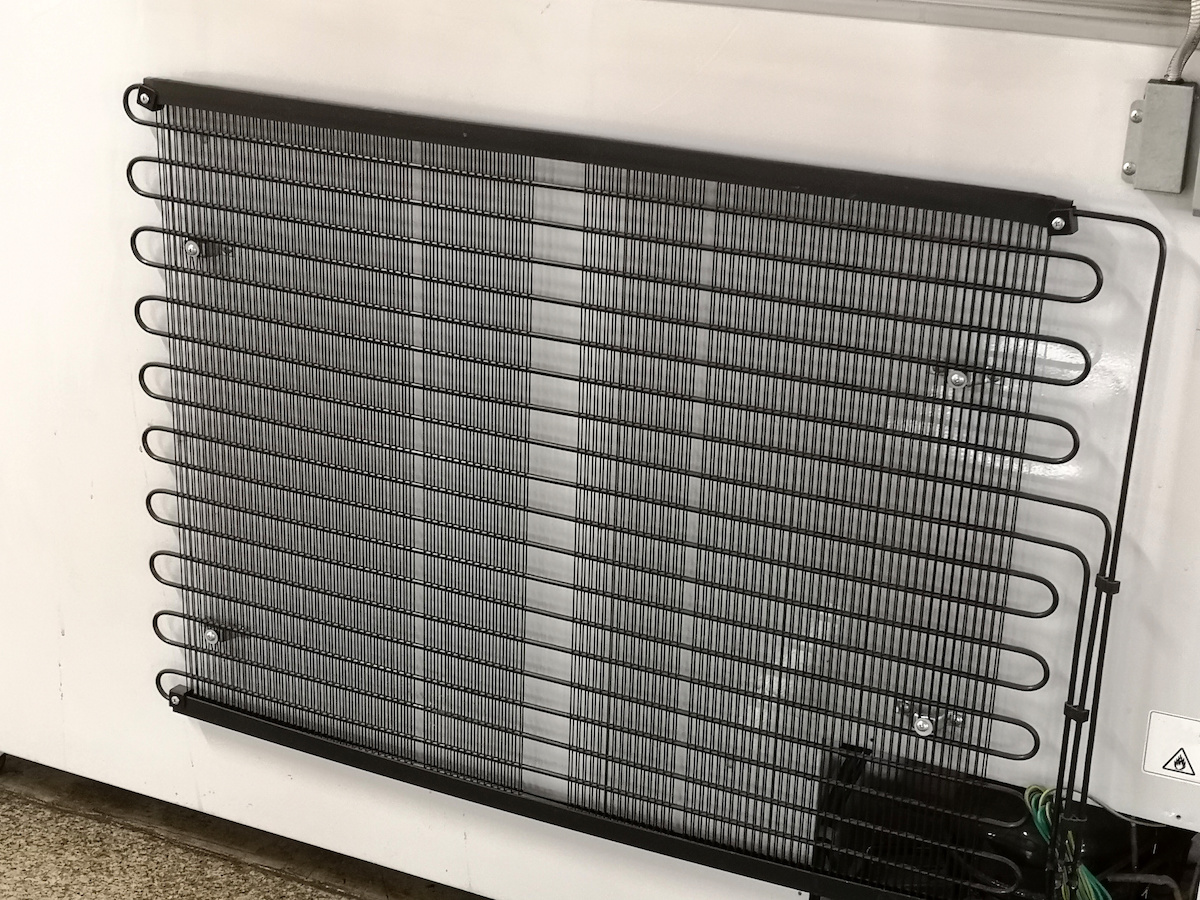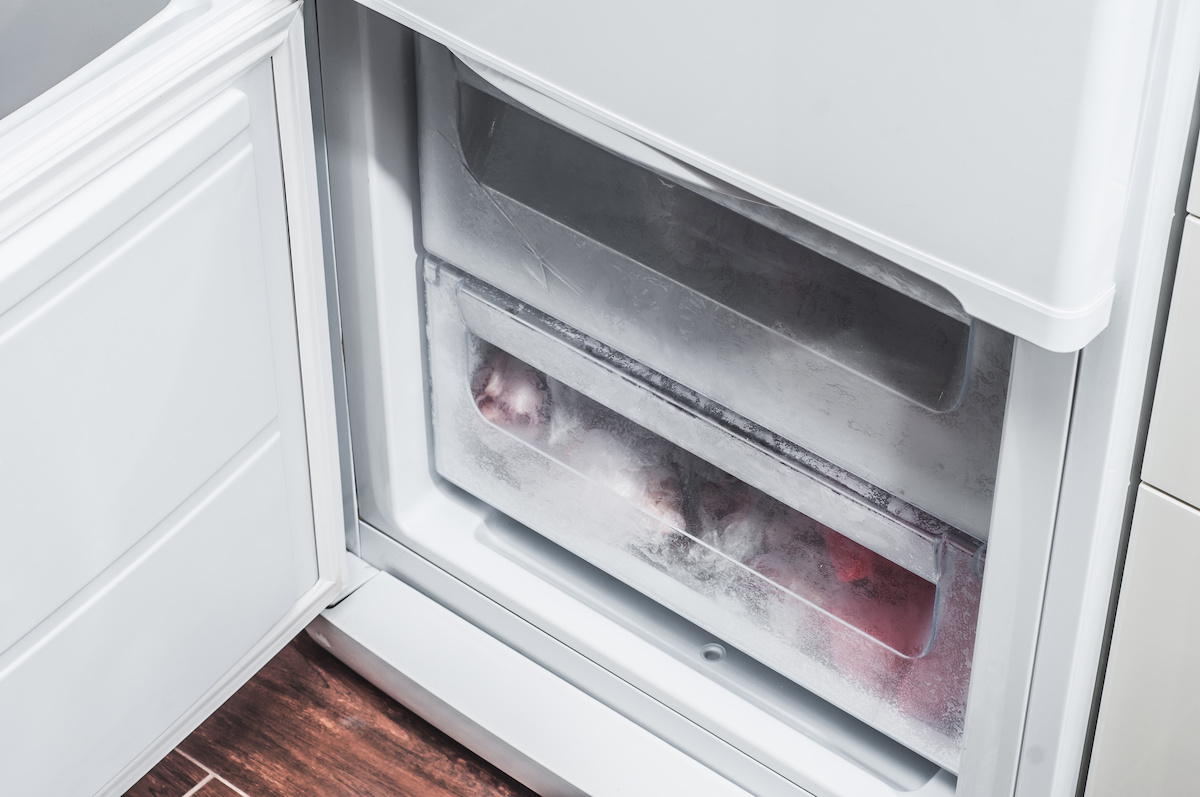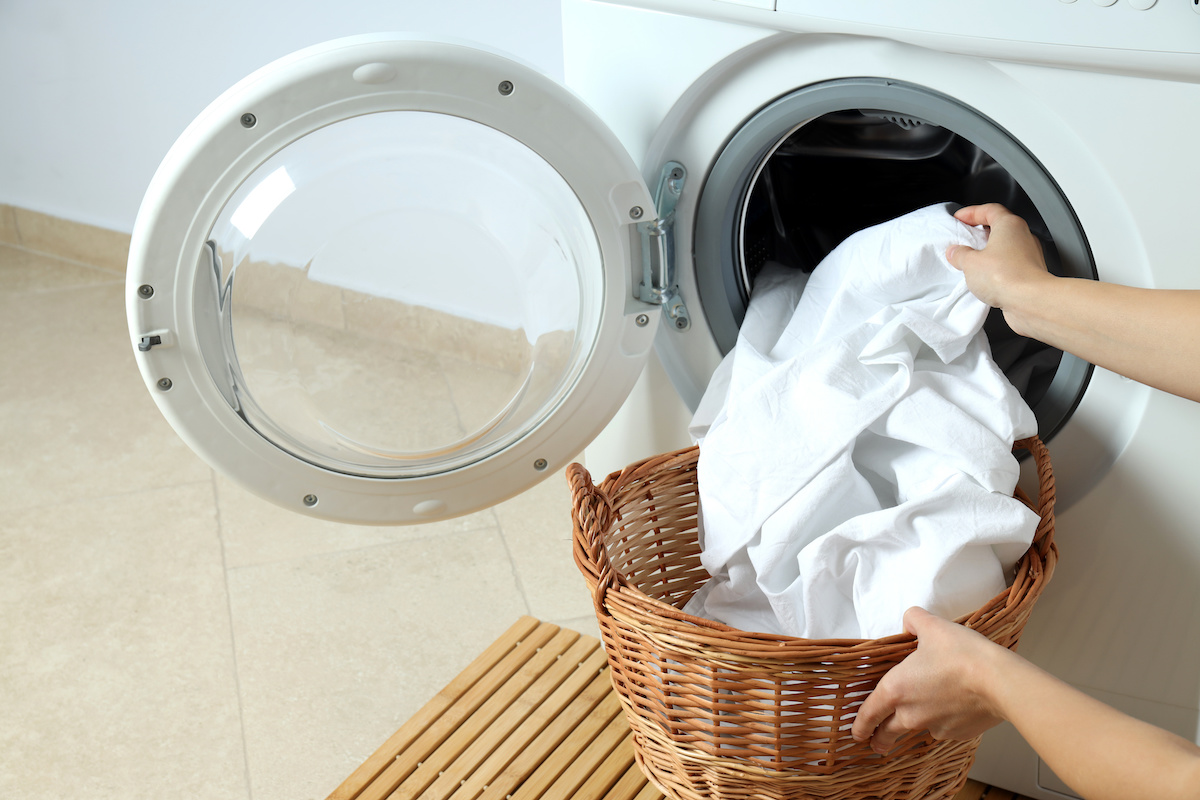
Is it Cheaper to Repair or Replace a Washing Machine?
When your washing machine breaks down, it can disrupt your daily routine and cause significant inconvenience. One of the most common dilemmas homeowners face is deciding if repairing or replacing a washing machine is the better option.
At Atlanta Appliance Repair, we understand the complexities involved in making this decision. In this blog, we will explore the factors that influence whether it is cheaper to repair or replace a washing machine, helping you make an informed choice.
Assessing the Situation: Repair or Replace a Washing Machine?
Evaluate the condition of your washing machine and the specific issues because this will help you make the best choice. Here are some key factors to consider:
1. Age of the Washing Machine
The age of your washing machine is one of the most critical factors in determining whether to repair or replace it. Most washing machines have an average lifespan of 10-15 years. If your appliance is relatively new and has many years of potential use left, repairing it might be the best option. However, if it is nearing the end of its expected lifespan, replacement may be more cost-effective in the long run.
2. Cost of Repairs
The cost of repairing a washing machine can vary significantly depending on the nature of the problem and the parts required. Minor repairs, such as fixing a leaky hose or replacing a belt, can be relatively inexpensive. However, major repairs, such as replacing the motor or control board, can be costly. It’s essential to obtain a detailed estimate from a trusted appliance repair technician to assess the repair costs accurately.
3. Frequency of Breakdowns
If your washing machine has a history of frequent breakdowns and requires regular repairs, it might be a sign that it is time to replace the appliance. Constantly spending money on repairs can add up quickly and may not be a wise investment in the long term.
4. Energy Efficiency
Older washing machines tend to be less energy-efficient compared to newer models. If your appliance is outdated, replacing it with a newer, energy-efficient model can result in significant savings on your utility bills. Energy-efficient washing machines consume less water and electricity, reducing your overall operating costs.
5. Availability of Replacement Parts
For older washing machines, finding replacement parts can be challenging. Manufacturers may discontinue parts for models that are no longer in production. If parts are scarce or expensive, replacing the appliance might be the more practical option.
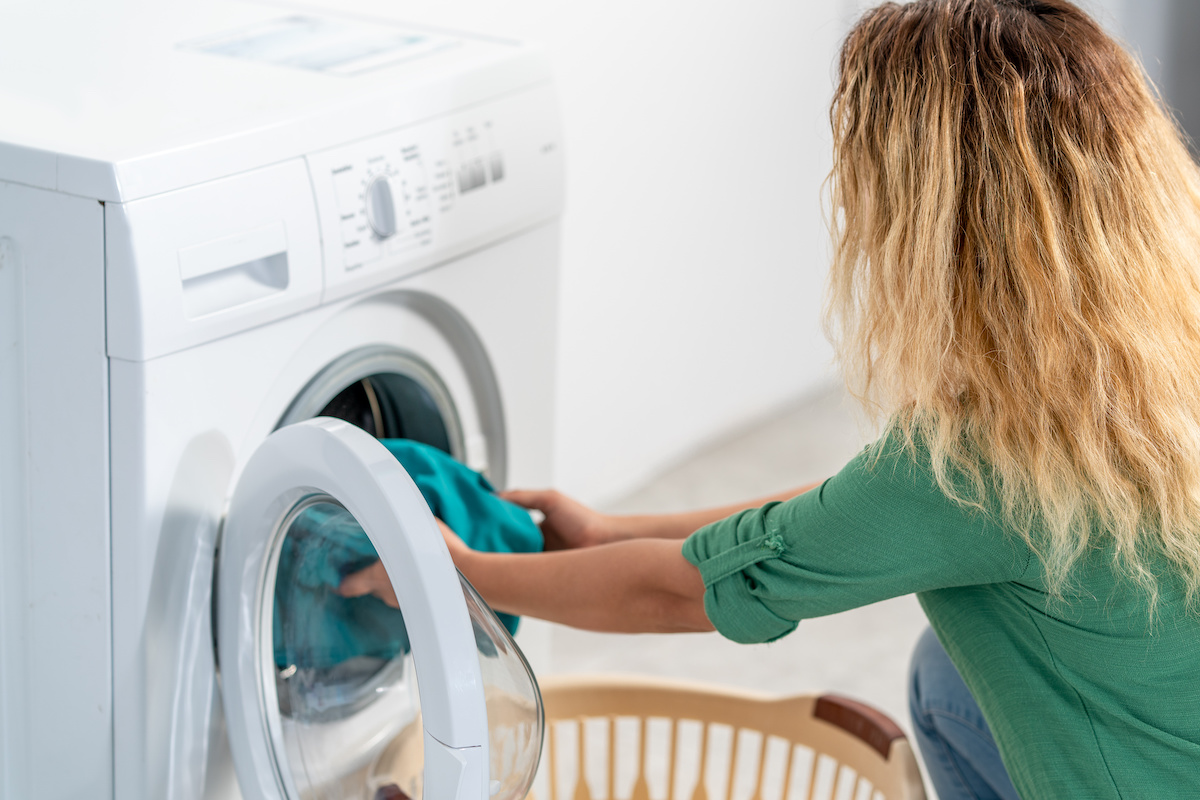
Common Washing Machine Repair Costs and Issues
To help you better understand the potential costs involved, let’s take a closer look at some common washing machine issues and their typical repair costs:
- Leaking Water: Leaking water is a common problem that can be caused by various issues, such as a damaged door seal, faulty hose, or a cracked tub. The cost to repair a leaking washing machine can range from $75 to $200, depending on the severity of the leak and the parts needed.
- Noisy Operation: If your washing machine is making unusual noises during operation, it could be due to worn-out bearings, a damaged drum, or loose components. Repairing a noisy washing machine can cost between $150 and $300, depending on the cause of the noise.
- Failure to Spin: A washing machine that fails to spin may have a faulty motor, broken belt, or malfunctioning lid switch. The cost to repair a washing machine that won’t spin can range from $100 to $400, depending on the specific issue.
- Not Draining: If your washing machine is not draining properly, it could be due to a clogged pump, blocked drain hose, or malfunctioning drain pump. Repairing a washing machine that won’t drain can cost between $150 and $300.
- Control Panel Malfunction: A malfunctioning control panel can prevent your washing machine from operating correctly. Repairing or replacing the control board can cost between $200 and $500, depending on the complexity of the issue.
When to Consider Replacing a Washing Machine
While repairs can often extend the life of your washing machine, there are certain situations where replacement is the better option:
1. High Repair Costs
If the cost of repairs exceeds 50% of the price of a new washing machine, it is generally more economical to replace the appliance. Investing in a new washing machine can provide you with the benefits of modern technology, improved energy efficiency, and a new warranty.
2. Advanced Age
Previously, we mentioned, washing machines have a typical lifespan of 10-15 years. If your appliance is approaching or has surpassed this age range, replacing it with a new model can save you from the hassle and expense of frequent repairs.
3. Improved Features
Newer washing machines come equipped with advanced features that can enhance your laundry experience. These features may include larger capacities, faster spin cycles, steam cleaning, and smart technology integration. Upgrading to a new washing machine can provide you with these benefits and improve your overall laundry routine.
4. Energy Savings
Energy-efficient washing machines are designed to consume less water and electricity, resulting in lower utility bills. If your current washing machine is outdated and inefficient, replacing it with an energy-efficient model can lead to significant savings over time.
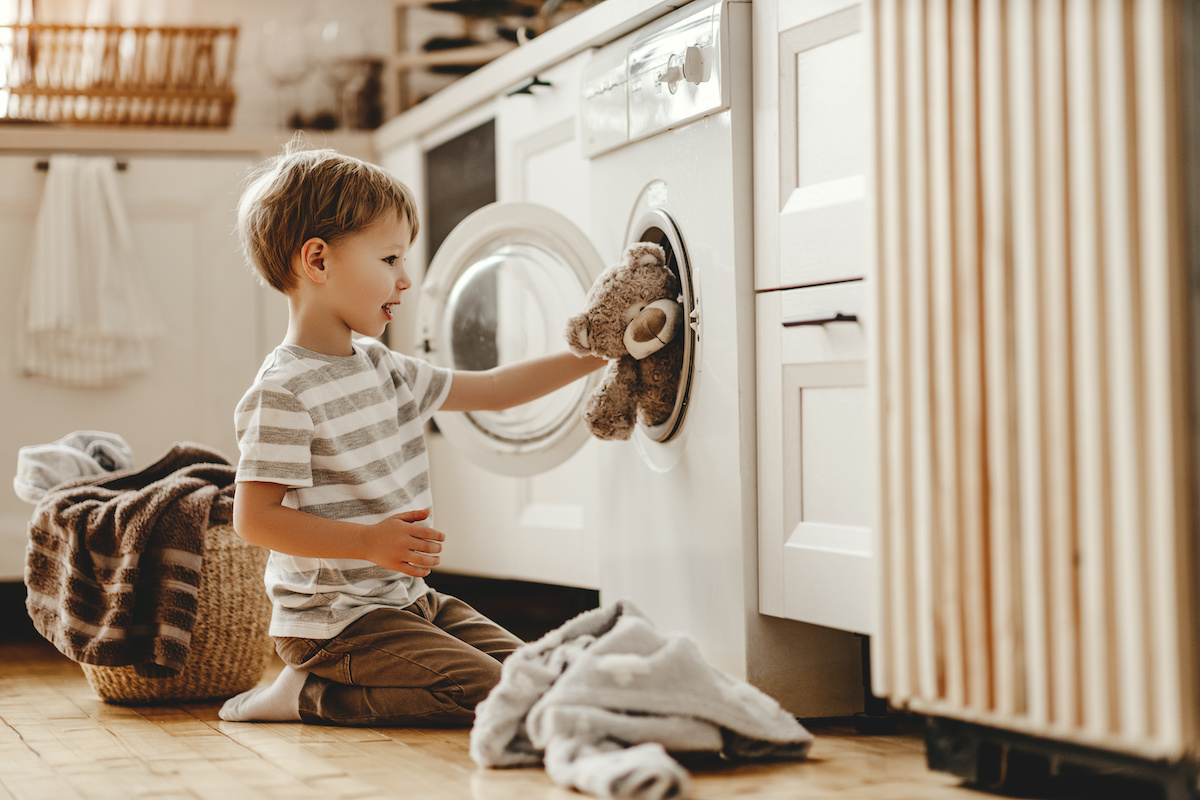
Making the Decision: Repair or Replace a Washing Machine?
To make an informed decision about repairing or replacing a washing machine, follow these steps:
1. Evaluate the Condition
Assess the overall condition of your washing machine, including its age, frequency of breakdowns, and any signs of wear and tear. If your appliance is relatively new and in good condition, repairs may be worthwhile.
2. Get a Professional Diagnosis
Contact a trusted appliance repair technician to diagnose the issue and provide a detailed estimate of repair costs. This will help you determine whether the repairs are affordable and if they will extend the life of your washing machine.
3. Compare Costs
Compare the cost of repairs with the price of a new washing machine. If the repair costs are high and the appliance is nearing the end of its lifespan, replacement may be the more cost-effective option.
4. Consider Long-Term Savings
Remember, you should factor in the potential long-term savings of a new, energy-efficient washing machine. While the initial cost of a new appliance may be higher because the savings on utility bills and reduced repair expenses can make it a worthwhile investment.
5. Weigh the Benefits
Additionally, you should consider the benefits of a new washing machine, such as improved features, enhanced performance, and a new warranty. If these benefits outweigh the convenience of repairing your current appliance, replacement may be the better choice.
Think Repairing or Replacing a Washing Machine is Best?
Deciding whether to repair or replace a washing machine requires careful consideration of various factors, including the age of the appliance, the cost of repairs, and the potential benefits of a new model. By evaluating the condition of your washing machine and obtaining a professional diagnosis, you can make an informed decision that aligns with your budget and long-term needs.
At Atlanta Appliance Repair, we are dedicated to helping you make the best choice for your home. Our experienced technicians can provide expert advice and reliable repair services to keep your washing machine running smoothly. Furthermore, if you decide that replacement is the best option, we can also guide you in selecting a new, energy-efficient model that meets your needs.
For more information or to schedule a service appointment, please contact us today. Your satisfaction is our top priority, and we are here to ensure your appliances remain in excellent working condition.

